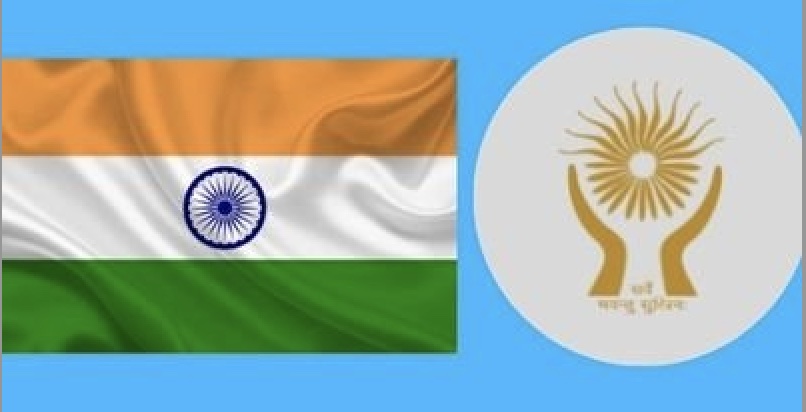The National Human Rights Commission (NHRC) has taken Suo Motu cognizance of disturbing media reports alleging that a grieving father in Bengaluru was forced to pay bribes to an ambulance driver, police officials, crematorium staff and civic authorities following the death of his only daughter.
The incident, first reported by The Times of India on October 30, 2025, detailed how what should have been a solemn farewell turned into what the paper described as a “nightmare of corruption, bureaucracy and inhumanity.” The deceased, reportedly a graduate of IIT Madras and IIM Ahmedabad working in Bengaluru, had died of a brain hemorrhage on September 18.
According to the report, when the 64-year-old father called an ambulance after her death, the driver allegedly demanded an inflated payment. At the police station, officials reportedly withheld copies of the FIR and post-mortem report until a bribe was paid. The harassment continued at the crematorium, where money was again demanded, and later at the Mahadevapura municipal office, where the issue of the death certificate was allegedly delayed until another bribe changed hands — despite the intervention of a senior officer.
Taking note of the report, the NHRC said the contents, “if true, raise serious issues of violation of human rights.” The Commission has issued notices to the Chief Secretary and the Director General of Police, Karnataka, seeking a detailed report within two weeks.
In a statement issued from New Delhi, the NHRC said the case reflected systemic apathy that violates both human dignity and the rule of law. The Commission’s action came under the banner of Azadi Ka Amrit Mahotsav, as part of its broader mandate to ensure accountability in governance and protect the fundamental rights of citizens.
While the Karnataka government has yet to issue a formal response, media outlets have reported growing public outrage over the alleged exploitation of the bereaved family. Civil society groups have demanded strict disciplinary action against the officials involved and urged the state to introduce transparent procedures in handling death-related documentation.
The NHRC has said it will monitor the case closely and may recommend compensation or disciplinary proceedings based on the state government’s findings.






